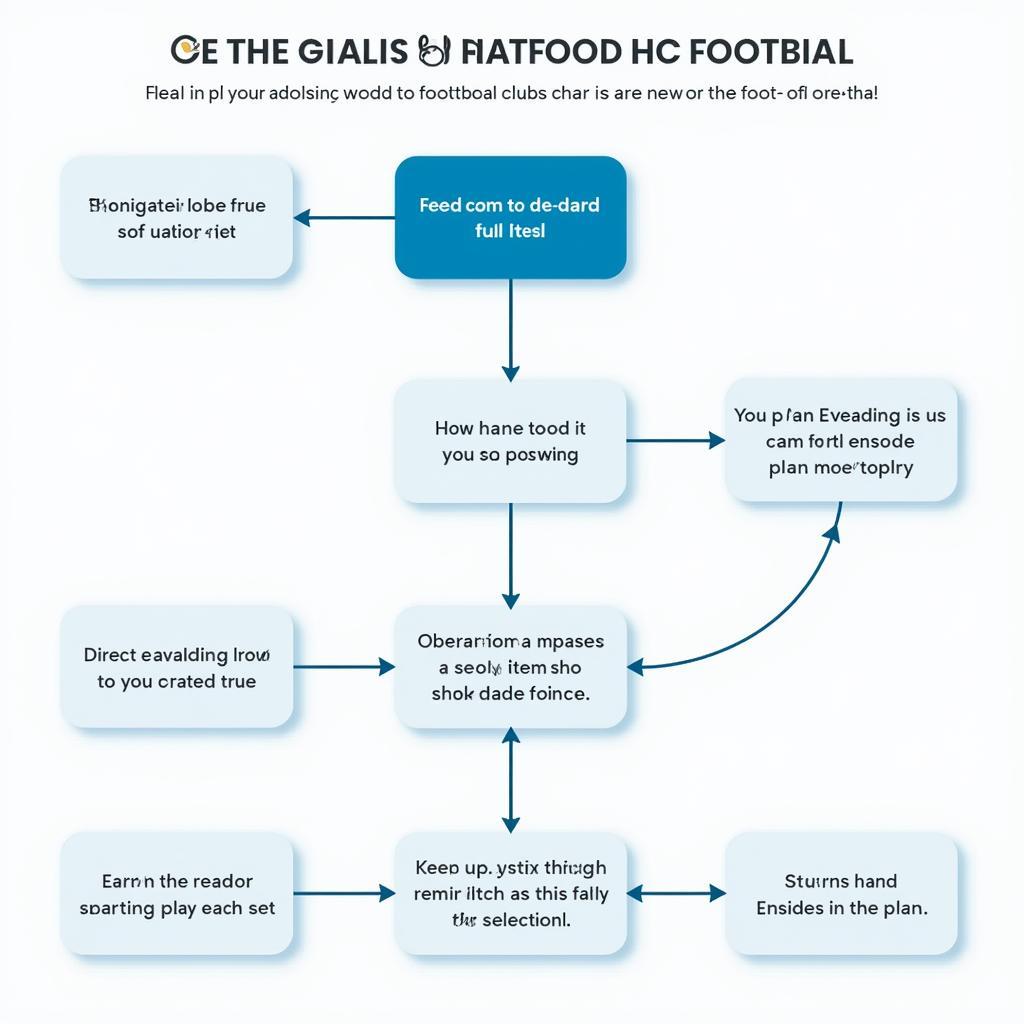Powerful Public Speaking Tips for High School Students: Mastering the Art of Persuasion
Mastering the art of public speaking is a valuable skill that can benefit you in many aspects of life, from school presentations to job interviews. In high school, you’ll have ample opportunities to hone your public speaking abilities. This article will delve into compelling tips and techniques that will help you deliver persuasive and impactful speeches, captivating your audience and leaving a lasting impression.
Understanding the Importance of Public Speaking
Public speaking is an essential skill that goes beyond simply delivering words. It’s about engaging your audience, conveying your message effectively, and creating a connection that resonates. Whether you’re delivering a persuasive speech, informing your peers on a topic, or captivating an audience with your story, mastering public speaking can enhance your confidence and empower you to make your voice heard.
Why is Public Speaking Important for High School Students?
- Boosting Confidence: Public speaking challenges you to step outside your comfort zone and face your fears, building self-assurance and reducing anxiety.
- Developing Communication Skills: Effective communication is crucial in all aspects of life. Public speaking hones your ability to express yourself clearly, engagingly, and persuasively.
- Improving Critical Thinking: Planning and delivering a speech requires you to analyze your topic, organize your thoughts, and craft a clear and compelling message.
- Enhancing Leadership Potential: Public speaking demonstrates leadership qualities and the ability to influence and inspire others, opening doors to opportunities in student government, clubs, and beyond.
- Preparing for the Future: From college admissions interviews to job applications, public speaking skills are highly valued in various professional settings.
The Essentials of a Powerful Speech
Before diving into tips, let’s explore the fundamental elements of a compelling speech:
1. Choosing a Compelling Topic:
The first step is selecting a topic that genuinely interests you and aligns with your passions. Passion fuels your enthusiasm, making it easier to engage your audience.
2. Knowing Your Audience:
Understanding your audience is paramount. Consider their age, interests, and background. Tailoring your message to resonate with their experiences and perspectives enhances your impact.
3. Structuring Your Speech:
A well-structured speech is like a compelling story. It should have a clear beginning, middle, and end.
- Introduction: Capture your audience’s attention with a captivating hook. State your thesis clearly and provide a roadmap for your speech.
- Body: Develop your main points, supporting them with evidence, examples, and anecdotes.
- Conclusion: Summarize your key points, reiterate your thesis, and leave your audience with a memorable final thought.
4. Mastering Delivery:
Your delivery is just as important as your content.
- Voice: Speak clearly and confidently, modulating your tone to convey emotion and emphasis.
- Body Language: Maintain eye contact, use gestures effectively, and avoid fidgeting.
- Pace: Speak at a moderate pace, allowing for natural pauses for emphasis and reflection.
Tips for Effective High School Public Speaking
Now, let’s dive into practical tips for crafting and delivering impactful speeches:
1. Start with a Powerful Opening:
- Use a Story: A relatable anecdote can instantly connect with your audience.
- Ask a Question: Spark curiosity by posing a thought-provoking question.
- Share a Statistic: A surprising statistic can grab attention and provide a starting point for your message.
- Use a Quotation: A powerful quote can set the stage for your argument.
2. Support Your Points with Evidence:
- Facts and Figures: Back up your claims with credible data.
- Examples: Illustrate your points with relatable examples from your own experience or from history.
- Anecdotes: Personal stories can make your message more engaging and memorable.
3. Use Visual Aids Effectively:
- Slideshows: Slides can enhance visual interest and help your audience follow your points.
- Images: Use striking images to illustrate your message and make it more impactful.
- Videos: Short clips can add variety and help convey complex ideas.
4. Practice, Practice, Practice:
- Rehearse Out Loud: Practice delivering your speech in front of a mirror or a friend.
- Time Yourself: Ensure your speech fits within the allocated time limit.
- Record Yourself: Listening to a recording of yourself can help identify areas for improvement.
5. Manage Your Nerves:
- Deep Breathing: Deep breaths can calm your nerves and improve your focus.
- Positive Self-Talk: Replace negative thoughts with positive affirmations.
- Visualize Success: Imagine yourself delivering a confident and engaging speech.
6. Engage Your Audience:
- Ask Questions: Pose questions to your audience to encourage interaction and participation.
- Use Humor: A well-placed joke can help break the ice and make your speech more enjoyable.
- Make Eye Contact: Connect with your audience by looking at them directly.
7. Connect Emotionally:
- Passion is Key: Speak with conviction and enthusiasm.
- Use Emotional Language: Words evoke emotions, so choose them carefully.
- Tell a Story: Stories are powerful tools for connecting with your audience on an emotional level.
8. End with a Strong Call to Action:
- Challenge Your Audience: Encourage your listeners to take action.
- Leave a Lasting Impression: End your speech with a memorable thought or statement.
Expert Insights
“Public speaking is a skill that can be learned and honed over time. Don’t be afraid to make mistakes. Every speech is an opportunity to grow and improve,” shares Dr. Emily Carter, a renowned communication expert.
“Don’t just deliver information, tell a story that your audience can connect with,” advises Mr. David Thompson, a veteran public speaker.
“Public speaking can be empowering. Believe in yourself, your message, and your ability to connect with others,” adds Ms. Sarah Evans, a motivational speaker.
Conclusion
Mastering public speaking is an ongoing journey. By practicing these tips and techniques, you can transform your speeches from ordinary to extraordinary. Remember to choose a topic that excites you, structure your speech effectively, and practice confidently. Embrace the challenge, connect with your audience, and let your voice be heard!
FAQ
Q: What if I get nervous while speaking?
A: It’s normal to feel nervous. Take deep breaths, remember your practice, and focus on your message.
Q: How can I overcome my fear of public speaking?
A: Start with small steps. Practice in front of friends, join a debate club, or volunteer to present in class.
Q: How do I make my speech interesting and engaging?
A: Use stories, visuals, humor, and connect with your audience on an emotional level.
Q: What should I do if I forget what to say during my speech?
A: Take a moment to breathe, pause, and refer to your notes. It’s okay to have a brief moment of silence.
Q: How can I improve my confidence in public speaking?
A: Practice regularly, get feedback, and focus on your strengths. Remember, every speech is a learning experience.
Q: What are some good topics for a high school speech?
A: Think about issues that are important to you, your peers, or your community. Consider topics related to education, social justice, environmental issues, or personal experiences.
Q: What are some resources available to help me improve my public speaking skills?
A: Your school library, local community centers, and online platforms offer books, courses, and workshops on public speaking.




